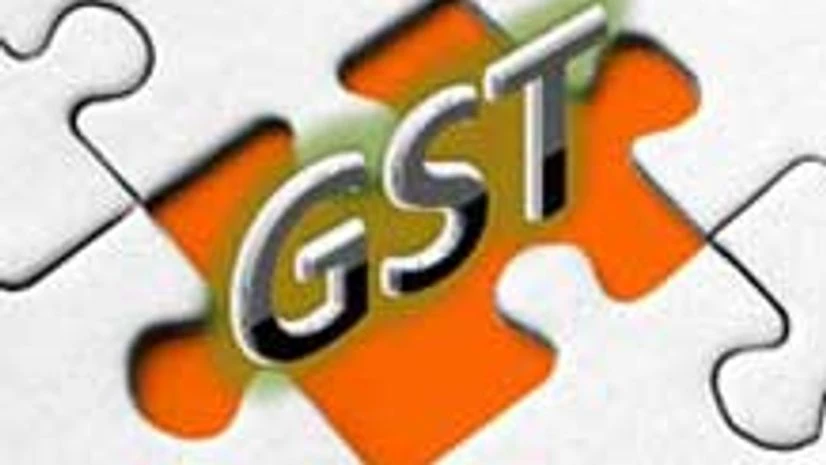The Goods and Services Tax (GST) was originally scheduled to be introduced from 1 April, 2010. However, differences between the Centre and states over the proposed constitution amendment bill has pushed deadlines ahead persistently. The new tax regime is not supposed to come even on 1 April, 2014, four years after it was originally expected. The reason is that the new government after general elections is likely to take a call on the issue. However, it does not mean that nothing is happening on GST. The Empowered Committee of state finance ministers along with union finance ministry officials are meeting in Meghalaya's capital of Shillong for two days beginning today to resolve their differences. Complete resolution of impasse between the Centre and states is not expected even in this meeting. If there is agreement, the Constitution Amendment Bill may be tabled in the winter session of Parliament. Here is a brief explanation of various issues on GST:
Why is the Constitution Amendment Bill Required?
The bill is needed because GST will change the existing framework of indirect taxation given in the Constitution. According to the current arrangement, the Centre cannot impose tax beyond manufacturing, because of which sales tax and VAT are imposed by states. On the other hand, states cannot impose service tax. However, GST will require both the Centre and states to levy tax on the common pool of goods and services.
More From This Section
The bill requires a two-third majority in each house of the Parliament to get passed. Besides ratification of at least half of the states, President's assent is required to make the bill a law.
Where is the Bill stuck?
The standing committee of Parliament proposed to keep tax on alcohol and petroleum products out of the bill. The Centre agreed to it, but proposed to keep these taxes under GST, though outside Constitution Amendment Bill. Some states do not concur with the view. States oppose subsuming of entry tax into GST as well.
Other Differences:
Who would have administrative control over tax assessee-- the Centre or state --is another contentious issue. It was proposed earlier that traders with annual turnover of less than Rs 1.5 crore could come under the administrative control of states, while those above this limit or involved in inter-state movement of goods should be controlled by both the Centre and the states.
Will consensus on Constitution Amendment Bill make GST operational?
No, since GST Bills have to be prepared. While the Centre will come out with its own bill, each state will have to get their own bills passed in respective assemblies. A committee is working on the model GST Bill. That way, the Constitution Amendment Bill is just an enabling legislation for GST.
How Will GST be different from the current system of taxation?
Currently, the Centre imposes excise duty and service tax, while the states impose VAT and in some cases sales tax. All these, more or less, would be subsumed in GST. This would make India a kind of common market for taxation purposes. However, earlier proposal to have a common rate with states and the Centre might undergo a change as the states are insisting on a band of taxes to give them flexibility. Customs duty will be out of GST.

)
